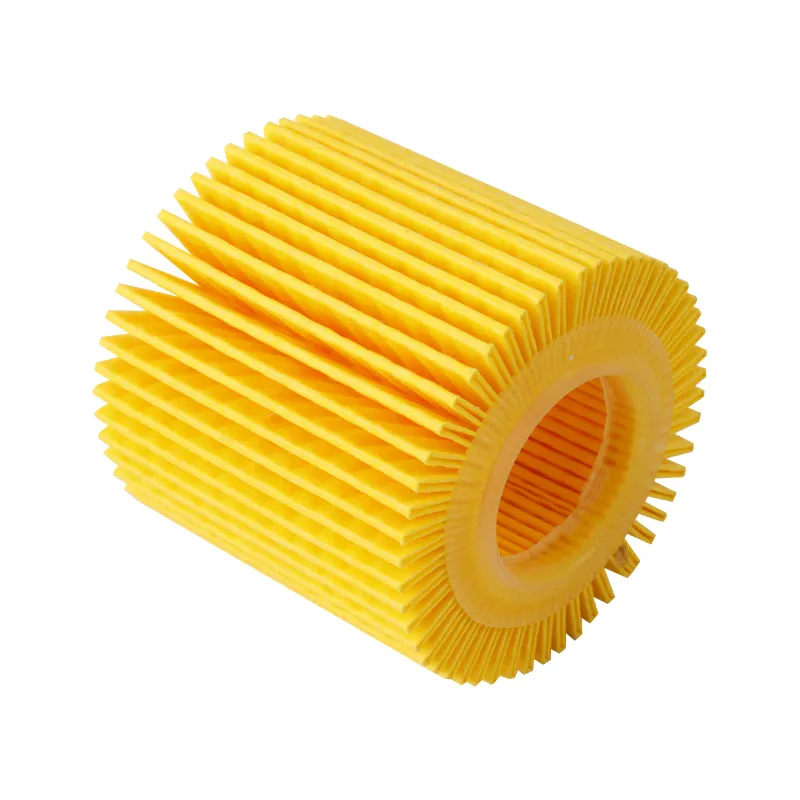Aug . 14, 2024 04:11 Back to list
Exploring the Benefits of Carbon Air Filters for Enhanced Car Cabin Air Quality
The Importance of Carbon Air Filters in Vehicles
In today's world, the impact of air quality on human health and the environment has become increasingly prominent. As vehicles are a significant source of air pollution, understanding how to reduce emissions and improve air quality in cars is essential. One of the key components that can assist in this endeavor is the carbon air filter. This article discusses the importance of carbon air filters in vehicles, their functioning, and their benefits.
What is a Carbon Air Filter?
A carbon air filter, also known as an activated carbon filter, is a component found in many modern vehicles designed to purify the air entering the cabin. It serves a dual purpose filtering out harmful particles and absorbing unpleasant odors. Made from activated carbon, these filters have a high surface area that allows them to trap various pollutants, including volatile organic compounds (VOCs), allergens, and other particulates that may enter the vehicle through the ventilation system.
How Do Carbon Air Filters Work?
The principal mechanism behind a carbon air filter is adsorption, not to be confused with absorption. In adsorption, pollutants cling onto the surface of the activated carbon, effectively removing them from the air before it enters the vehicle’s cabin. The porous structure of activated carbon enables it to capture a broader range of contaminants, including smoke, chemicals, and mildew, thereby providing a cleaner and safer environment for passengers.
When air passes through the filter, particles such as dust, pollen, and other allergens are trapped, while odors, exhaust fumes, and harmful chemicals are neutralized. This not only improves the air quality inside the vehicle but also enhances the overall driving experience.
Benefits of Carbon Air Filters
1. Healthier Environment The primary benefit of installing a carbon air filter in your vehicle is the enhancement of indoor air quality. By effectively filtering out pollutants and allergens, these filters contribute to a healthier driving environment, particularly for those with asthma or allergies.
carbon air filter car

2. Odor Removal Activated carbon filters are particularly effective at removing odors caused by pets, food, smoke, or other sources. This is essential for maintaining a pleasant atmosphere inside the vehicle, making every journey more enjoyable.
3. Improved Comfort A vehicle with good air quality often feels more comfortable for passengers. Clean air can reduce fatigue and make driving more pleasant, particularly on long journeys.
4. Protection of HVAC System By filtering out dirt and debris from the air, carbon air filters protect the heating, ventilation, and air conditioning (HVAC) systems in vehicles. This can prolong the lifespan of these systems and reduce maintenance costs in the long run.
5. Environmental Impact By using a carbon air filter, vehicles contribute to reduced pollution levels. Cleaner air is not just beneficial for passengers; it helps minimize the overall environmental footprint of driving.
Maintenance and Replacement
To ensure that a carbon air filter operates effectively, regular maintenance and timely replacement are vital. Many manufacturers recommend changing the air filter every 12,000 to 15,000 miles, but this may vary depending on driving conditions. Filters can become clogged with dirt and debris, reducing their efficiency and negating their benefits.
Conclusion
In conclusion, carbon air filters are an essential component of modern vehicles, contributing significantly to the health and comfort of passengers. They not only filter harmful pollutants and unpleasant odors but also protect the vehicle's HVAC system and contribute to environmental sustainability. As awareness of air quality issues continues to grow, the importance of carbon air filters in cars will only increase. Investing in a high-quality carbon air filter is a step toward ensuring a healthier and more pleasant driving experience.
-
Toyota Corolla Hatchback Cabin Air Filter – High Efficiency & Easy Installation
NewsJul.08,2025
-
Premium Canister Fuel Filter Supplier High Quality Oil Filtration Solutions
NewsJul.08,2025
-
Premium Car Filter Oil Solutions Leading Car Oil Filter Exporter Hyundai Car Oil Filter Exporters
NewsJul.08,2025
-
Buy 17x21x1 Air Filter – Improve Air Quality & HVAC Efficiency Affordable Air & Cabin Air Filter Cost
NewsJul.07,2025
-
High-Performance Filter Element Fuel – Durable, Efficient & Cost-Effective Solutions
NewsJul.07,2025
-
High-Quality Engine Filter and Cabin Filter for Superior Airflow Affordable Cabin and Engine Air Filter Cost
NewsJul.07,2025


